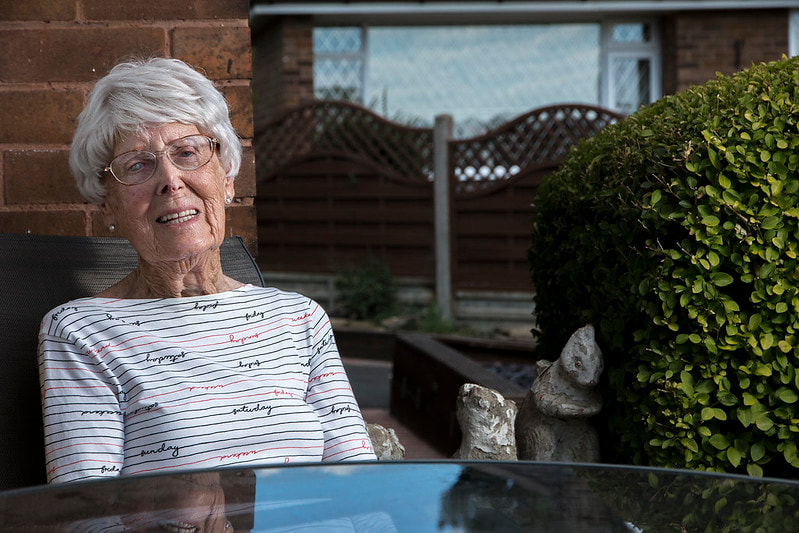|
You can’t anticipate every problem, but you can reduce risk. Start by going through the house room by room and check for hazards, while thinking of your loved ones current physical and cognitive limits. It is often easier to change a space than to change a person. Some things you can probably take care of right away and some things may require more work and planning. For example, think about:
Below are 10 simple things you can do right away that can make a big difference for a seniors safety:
If the list of changes you need to make seems overwhelming, try to break it down into individual steps. First focus on major safety hazards then move on the things that will improve the comfort and convenience of the home. Over all these things will make a seniors home safer, more accessible and more comfortable while giving you peace of mind. Caring for an aging relative can be overwhelming at times especially if you must balance it with work, raising children and all the other responsibilities of daily life. Sharing these responsibilities with other family members can help relieve the burden you may feel if going it alone. This is a conversation that is best to have as early as possible before an emergency throws life into chaos. Start by calling a family meeting to have a calm discussion about what type of care is currently needed and what care is likely to be needed in the future. Many families find it is easiest to identify a primary caregiver who acts as the first line of support. This doesn’t mean the primary caregiver should act alone. Think about everyone’s schedules and what tasks each person may be best suited to handle. Also be sure to think about how to give the primary caregiver a break when needed. Whenever possible include the family member who needs care and use this person’s wishes as the basis for any plan. It is often beneficial to prepare your thoughts before sitting down for this conversation. Takes some time in advance to develop a list of possible problems and solutions. Here are some questions to consider for your conversation: Who is available to help with grocery shopping? Who will help with or attend medical appointments? Who will make sure prescriptions are filled and taken appropriately? Who will be the person to communicate needs or changes to the rest of the family? Who will handle financial matters? Who will research assisted living options if necessary? Who will help with basic home maintenance or yard work? Be sure to think about your personal limitations: How often are you able to physically visit? Would travel be necessary? Will your personal finances be affected? How long can it be sustained? How will this effect your home and work life? Can you remain calm in emotionally difficult situations? After making these decisions remember that responsibilities may need to be changed as conditions change. Be realistic about how much you can do and what you are willing to do. Look into what resources are available in the community and don’t be afraid to ask for help if you need it. |
Location |
Click to set custom HTML
|


 RSS Feed
RSS Feed
